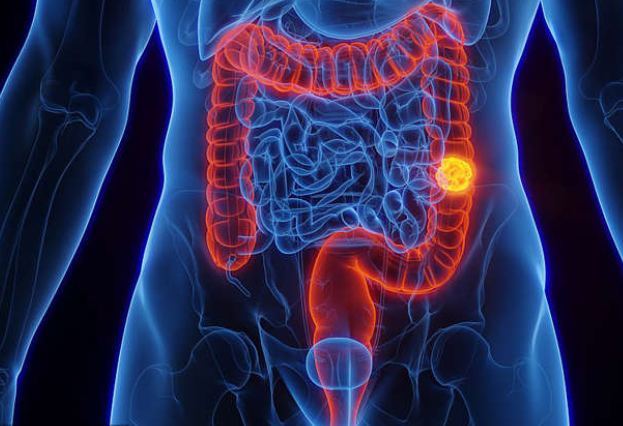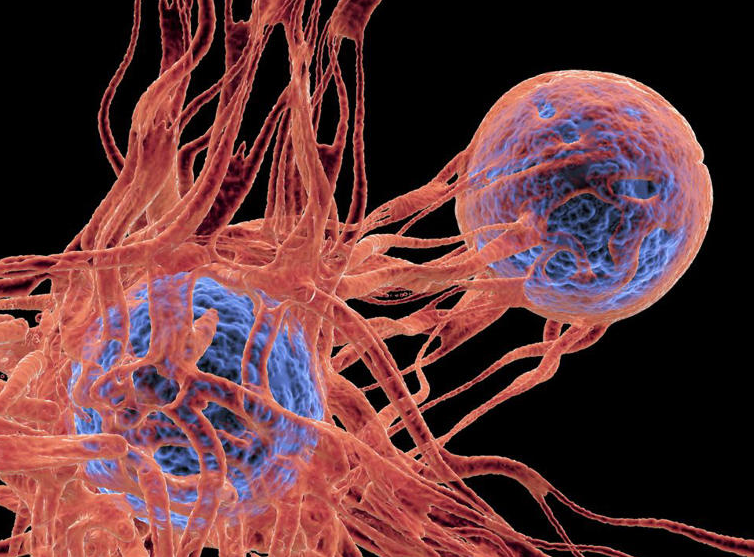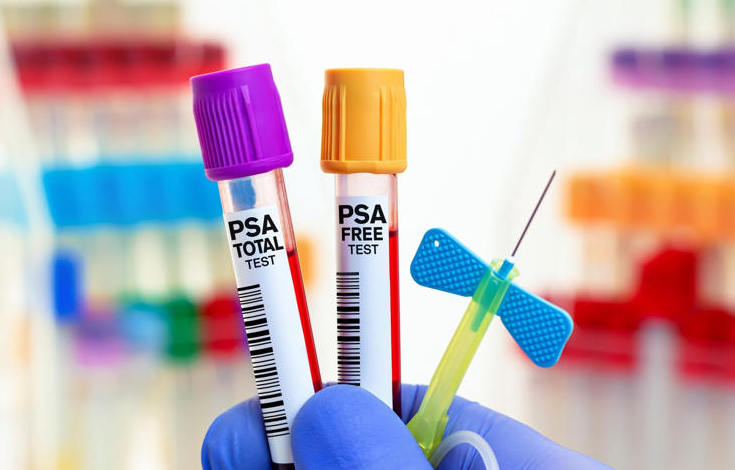What are Migraines? A migraine is a primary headache disorder that causes symptoms such as a headache, sickness and photophobia (an aversion to light). According to the Migraine Trust, experts don't yet know why people develop the condition but they do know that it has a genetic component, so someone with migraines is likely to have a parent or sibling who gets them too.
When a migraine hits, it can be very difficult to carry on with work or family life. In fact, the global burden of disease study done by the World Health Organisation, it is listed as the sixth most disabling condition. Often pain, sickness and exhaustion lead sufferers to retreat to a dark room to wait for the attack to pass, which can take hours or even days.
In the UK more than 20% of adults bet migraines, and there are 190,000 attacks daily. So it's no surprise that migraines have a massive impact on the workforce. A report by the Work Foundation found that migraines are costing the economy £8.8 billion each year because often it's just not possible to carry on while in the throes of an attack.
For anyone who hasn't found a way to prevent migraines, available treatment is important as medication works best when taken early in the attack. This means having painkillers or migraine medication, such as triptans, within easy reach. Triptans are drugs that mimic the effect of serotonin, a mood-stabilising neurotransmitter. They block pain receptors and narrow blood vessels in the head, and may be used if painkillers are not effective.
Migraine Action www.migraine.org.uk and Migraine Trust www.migrainetrust.org are useful sources of information on managing and the treatment of migraines.
Source: Benenden Health





